By Andy Potts
I am often asked by prospective athletes why they should work with me or my AP Racing Coaching Team. A more general question I hear frequently is why they should have a triathlon coach at all.
Here is an answer I put together a few years ago that still makes a lot of sense.
With that said, let me dive in a little deeper as this question can come from various concerns, such as budgetary limitations, the abundance of free information, the availability of ready-made training plans, and human nature. For me, I've spent a lifetime perfecting my craft as an endurance athlete, and it's a continuous journey. Without the support and guidance of my team of coaches and advisors, I would never have achieved the successes I did throughout my career.
Knowing Is In the Doing
In sports and in life, there’s a saying: “We don’t know what we don’t know.” Despite all the reading and education available, a lot of learning comes from doing. This is why I am a strong advocate for coaches who have "walked the walk." Let me clarify, though—being an athlete doesn’t automatically make someone a good coach, nor do you have to be an athlete to be a great coach. But it does help.
When I prescribe a workout, I can predict the outcome because I’ve done that workout, or a version of it, hundreds of times. I also have experience seeing thousands of athletes perform similar workouts under similar conditions, which gives me a fairly accurate idea of what to expect, how it will affect your progress, and how to integrate it with future workouts.
Imitate, Emulate, Innovate
When I want to excel at something, I seek out the best to learn from them. Not everything they do will work for me since we are all different, but surrounding yourself with knowledgeable people elevates your performance, reduces the learning curve, and makes the learning process more enjoyable.
Whenever taking on something new or seeking new gains, there will be stumbles. However, you can learn a lot from people who have already gone through the process, made mistakes, experienced successes, and refined their methods based on what they’ve learned. At AP Racing, athletes often consult with us and say, “I am just getting into the sport, so I’ll start with a basic training plan and then switch to one-on-one coaching when I get serious.”
This is almost the opposite of what I would recommend, and it’s not just because I want more one-on-one clients. In the beginning, your learning curve is steep, and without good guidance and support, you can easily feel lost about how to execute your training, interpret what you should be doing, and understand how it all fits together. At AP Racing, we feel so strongly about this that we offer incentives for our coached athletes to attend one of our AP Racing Camps, as it sets both the athlete and our coaches up for long-term success. Being hands-on with your coach and having an in-depth, personal learning experience can accelerate your progress by months or even years, depending on where you are in your endurance sports journey.
Real Life = Real Restrictions: “You Are Not a Machine”
Here’s a little secret: the more time you have to dedicate to anything, even with minimal direction, the more improvement you will see compared to having less time. Sounds obvious, right?
However, this is where things get more nuanced. Most of us have restrictions on our days, time, and energy (and energy is often the most overlooked aspect by athletes). When we have restrictions, we need to optimize our training and be as efficient as possible. This is where a great coach truly shines. A coach helps balance all of your demands, not just by “throwing paint at the wall” but by providing an optimal training protocol—and adjusting it as life and training demands change.
As coaching certification programs grow in popularity and more athletes and coaches turn to smart devices and AI-based coaching, there’s a misconception that crunching numbers can turn you into a world champion. While there’s a lot of great innovation in this space (including things we’re implementing at AP Racing), you are not a machine. Even if you trust your numbers or can capture all of them, they don’t tell the whole story. There are many factors we can’t program or interpret from our devices by just hitting “go.”
A coach understands the nuances, the personal touch, and the adjustments needed to ensure you are not just training hard but training smart.
Whether you are seasoned veteran or a first time athlete, having guidance and support can make a world of difference in your experience. Endurance sports have given me so much and I try every day to give back to the sport and athletes by sharing my experience and learnings. I hope your journey is as enjoyable as mine was and you are able to surround yourself with the right people to set you up for success. If you want me and my team in your corner, just let me know. #getsome, AP
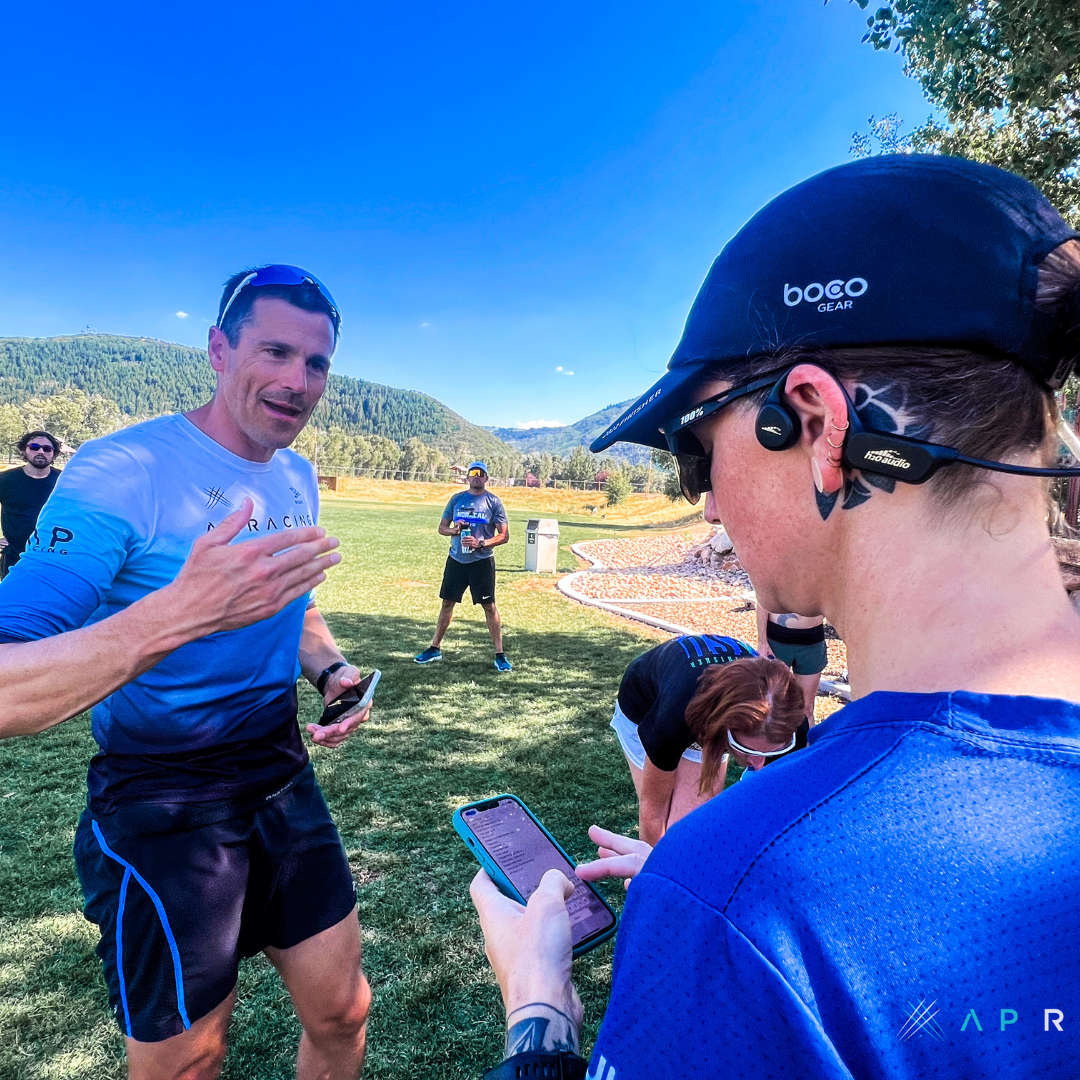
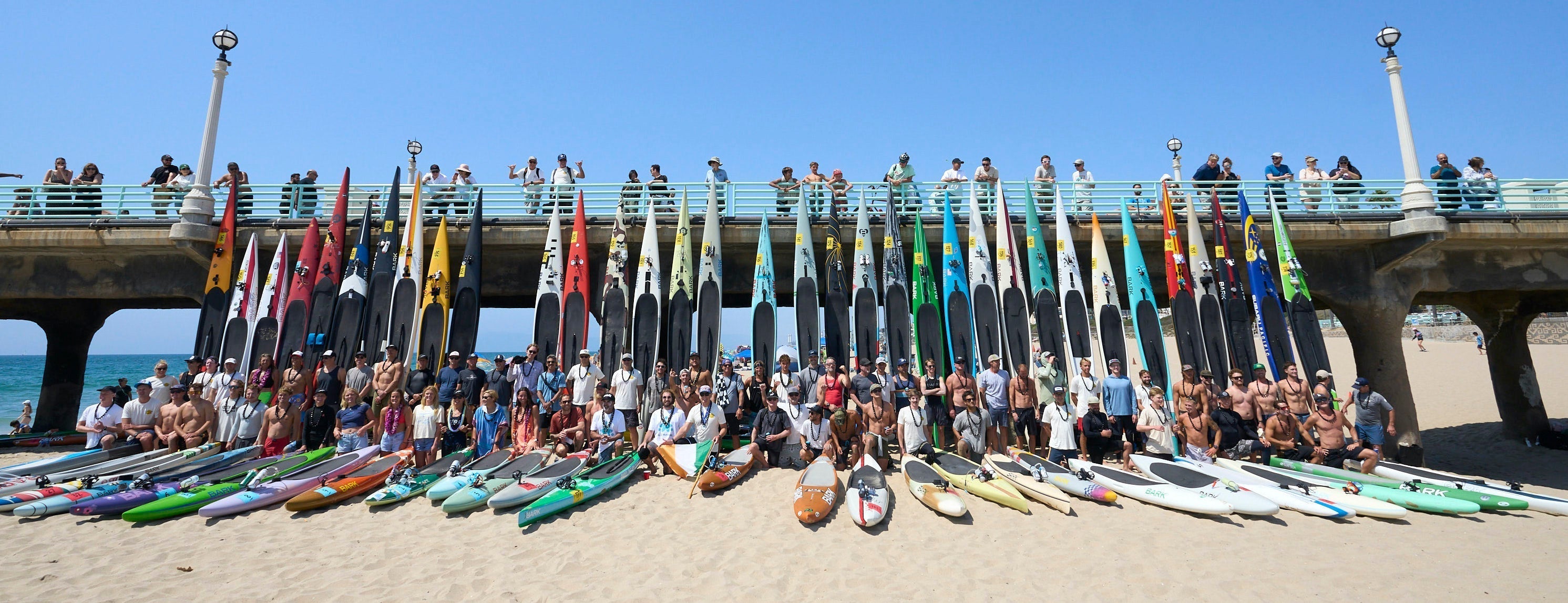
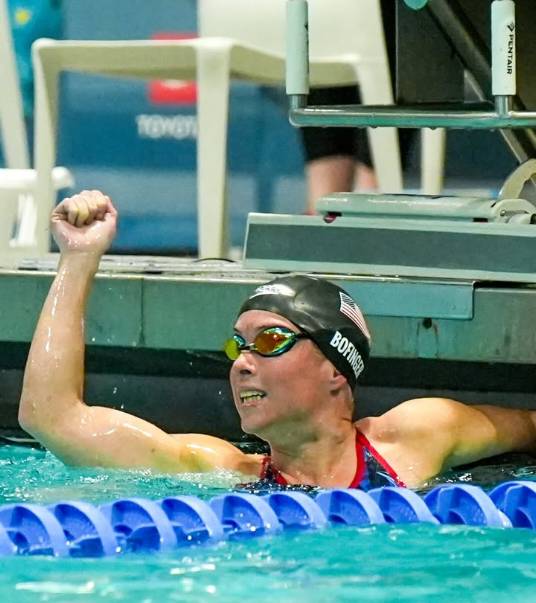
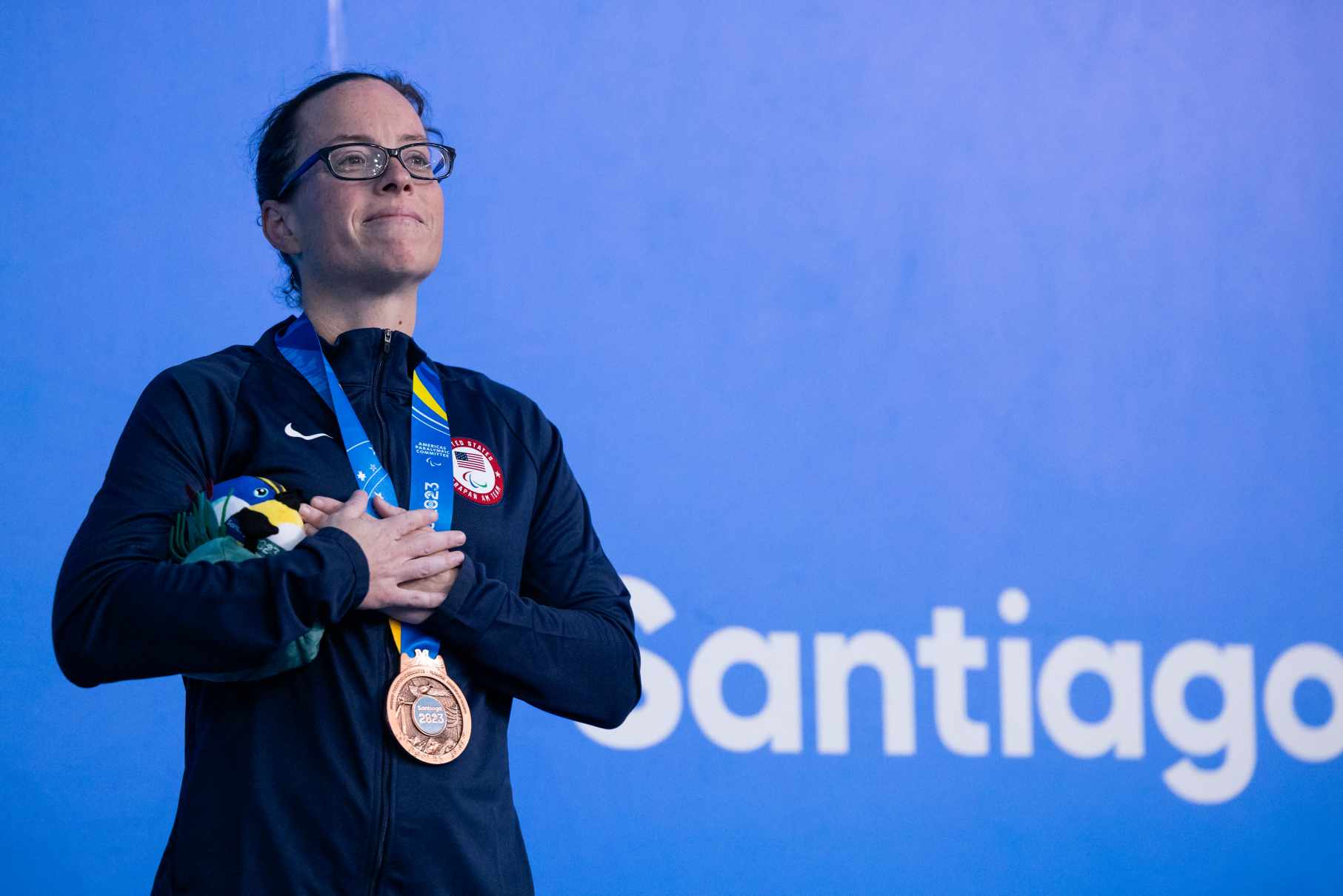
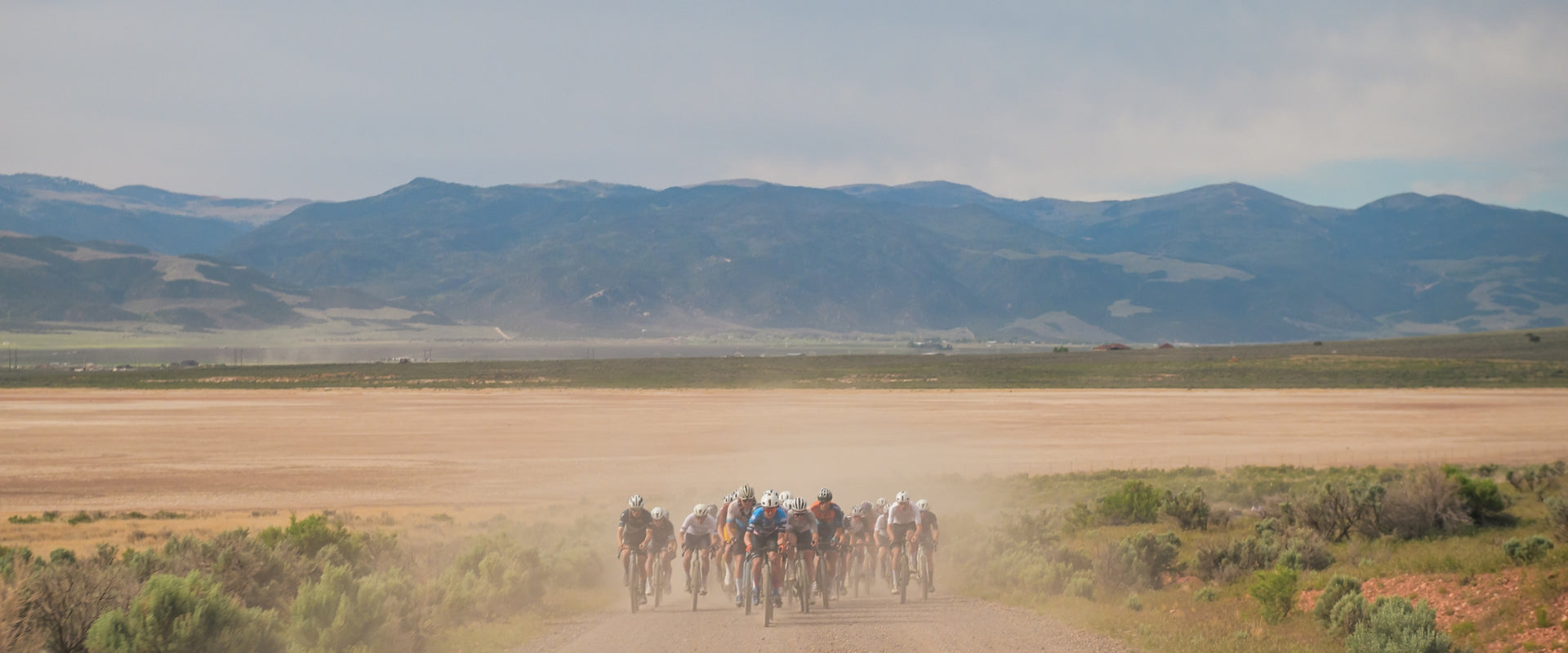
Share:
Ironman Chattanooga Race Recap- Angela Naeth
Dive Into Inspiration: Top 7 Sports Movies That Will Motivate Your Next Workout